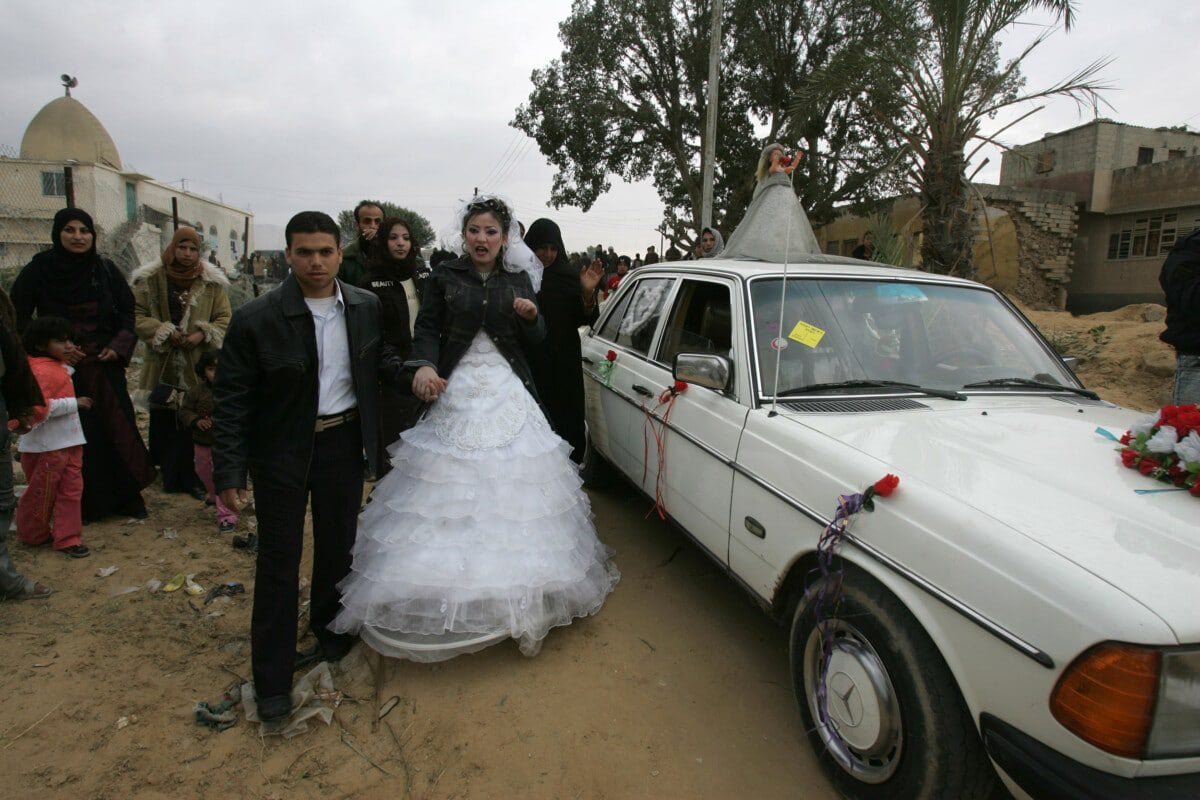
In past decades, Palestinian society has experienced turbulent times as a result of the Nakba (Catastrophe) of 1948, and the systematic colonization of Palestinian Territories after 1967. Important economic shifts, but also a strong rise in education and two intifadas have deeply affected relations in the Palestinian society.
Nevertheless, that does not mean to say that the combined effect of these developments has strongly eroded traditional relations. Many Palestinians, uprooted and often living in extremely difficult circumstances since 1948, have fallen back on old relations in order to further group cohesion, a collective identity, and security.
For example, figures indicate that many still marry within their own group: almost half of all marriages take place between close relatives, that is to say between members of the same hamula. Although families usually establish their own independent homes, it is still natural for the (eldest) son or daughter of the family to take in aging parents (and unmarried aunts).
Extra floors are often added to homes when they are constructed in order to house their children’s future families. Honour killing and blood revenge still play a role in Palestinian society. Armed resistance against the Israeli occupying forces is partly motivated by blood revenge.

